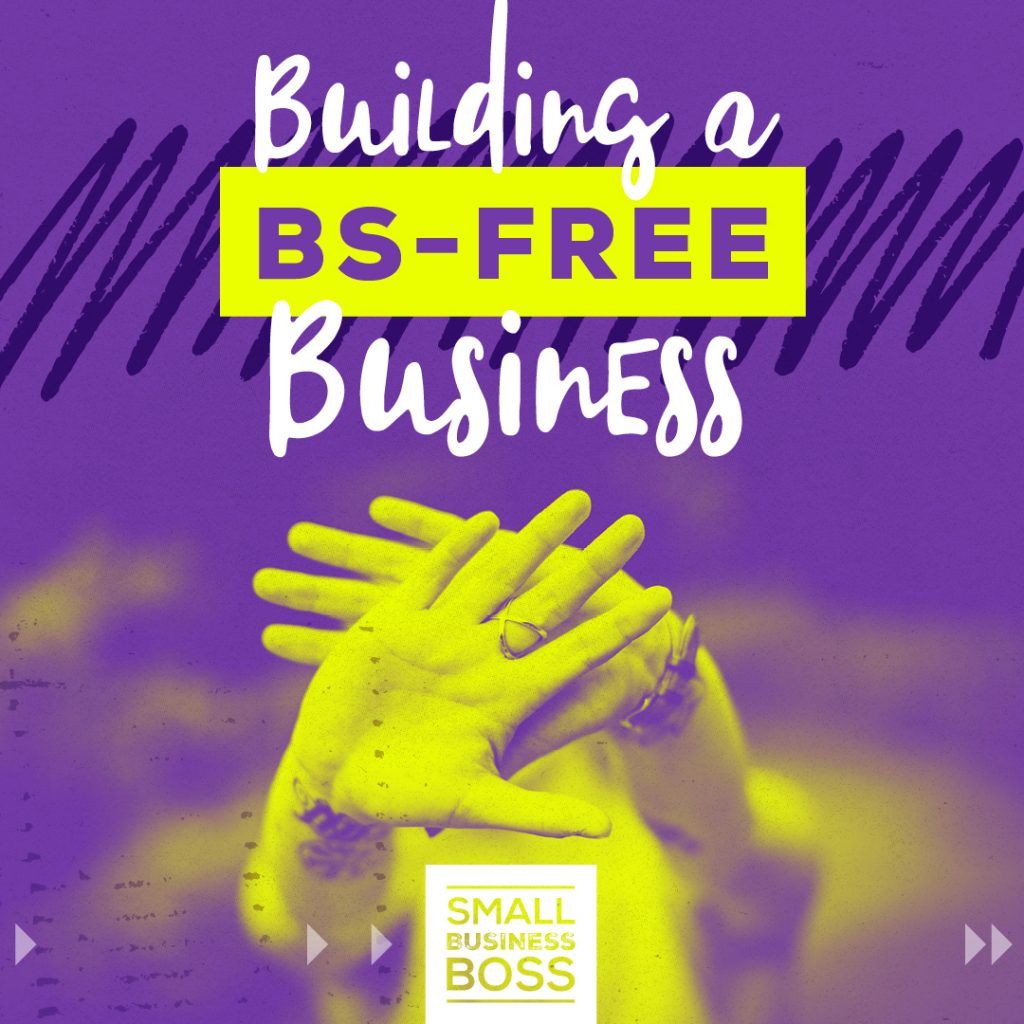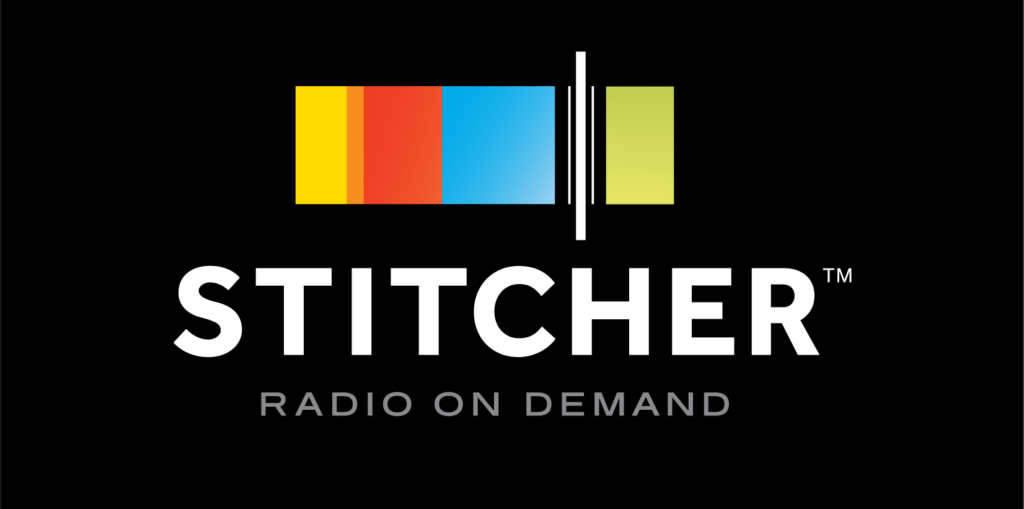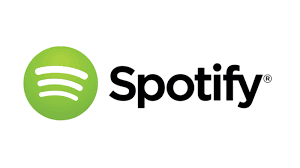
Episode 214: Building a BS-Free Business
Does your business feel simple? Does it feel sustainable? Or are you on a hamster wheel where you’re working too hard or like there are a lot of things standing between you and your goals? In this episode, we’re going to talk about how to build a BS-free business in three specific ways, and they may surprise you.
I couldn’t be more excited to talk about today’s topic, which is building a BS-free business, because service businesses are the ultimate BS-free business. Unlike a product or digital business, there’s not much needed to get started, you have low overhead and you can make an amazing living. As I’ve said more times than I could count, services are the fastest path to cash.
That’s why it’s time for service businesses to be heralded as the heroes of the business world they are, and I’m here to be their goodwill ambassador.
And if you thought “oh, my business has no BS involved”, well, I call BS on that right now. EVERY business has it, and a lot of it comes down to how we’re told or taught to run our businesses, and it’s time for that to CHANGE starting today.
Before we get any further into this episode, I want to give you a bit of context as to where this is coming from.
Over the last six months, I’ve been working on figuring out what the future of Small Business Boss would be because a lot has changed since we started back in 2016.
Small Business Boss: Bolder and Better
Four years ago, when I decided to launch a podcast and mastermind for service business owners it was out of frustration. I was frustrated that the advice and guidance out there weren’t really serving people who worked with clients. I was fed up with the trope of “to scale your business you must have a course” because that hadn’t been my experience. And I wanted to find a way to have a different conversation.
That podcast and mastermind then evolved into the Small Business Boss brand. And honestly, the brand was out of annoyance yet again, as I was sick and tired of the constant qualification of my business as one run by a #girlboss, #ladyboss, #bossbabe and other garbage like that. The brand was a way to communicate that I was the boss of a small, service-based business, and I wanted to bring together a community of like-minded people.
And here we are in 2020, and it’s time for a reset. I want to be VERY clear moving ahead about what Small Business Boss stands for. Especially when I know we’re smack dab in the middle of some major shifts thanks to the pandemic and the economy. Now’s not the time for me to hold back, so here we are.
So, what does Small Business Boss stand for? Whether it’s the podcast, social media, or any offerings we made, the heart and soul is the same, and that’s building and running a BS-free business.
Because friends, there’s an ever-increasing amount of BS out there, and I’m deeply committed to being an advocate for simple AND sustainable service businesses.
As someone who runs a service business every day (unlike so many people talking about service businesses….when they don’t even work with clients 1:1 anymore), I’m deeply devoted to telling you the TRUTH, no BS, no smoke and mirrors.
Plus, I want to talk about more than businesses that work with entrepreneurs or have a limited set of tactics limited to “build your email list”. There’s so much downright terrible advice out there, and I’m coming for all of it.
I’m sure for a lot of you, you’re thinking, “okay, this is not new”, and you’re right. This has always been the heart of the Small Business Boss brand, and I’m just getting clearer, bolder, and stronger about what it stands for. No holds barred.
It also means some new offerings coming for both agency owners and freelancers/solo business owners in 2020, which are going to be awesome.
And with that, let’s take some time to talk about what it really means to run a BS-free business.
Choosing Simplicity
Many times when people ask me about Scoop, they’re surprised to learn how lean and simple the business we run is. That hasn’t happened by accident, but by design.
Over the course of my career, I’ve had a unique opportunity to look behind-the-scenes at how agencies are run. First as an employee and then as a collaborator or subcontractor. And when I set out to build my own agency I knew exactly what I didn’t want: needless processes and layers of complexity.
In short, I chose simplicity and I continue to choose it every day. Every single thing I do goes through the “is this simple” filter so I don’t overcomplicate anything. And believe me, even after all this time, the temptation to be fancy or use a new tool is always there. But I have to filter my decisions with “simplicity” because every complication amounts to wasted time and energy for me and/or my team. And that, well, I’m not here for it.
A great example of how we do this is by using best-of-breed tools. I don’t want to waste a bunch of time trying to figure out new tools or to force them to work for us. I don’t want to screw around with figuring out how to connect things or adapt my process to a tool.
After trying some different all-in-one solutions, as a team, we discovered that we were making sacrifices in some areas and there were too many potential points of failure. So we stick with the best tools for us and haven’t looked back. Even when the hottest new tool pops up, we stick to what we know works for us.
And when it comes to marketing, we don’t do any marketing that doesn’t directly connect with our audience. That may sound simple, but so many times people waste time on the wrong tactics for their target audience. Then, they can’t figure out why they’re working so hard and not seeing results.
If you’re thinking about this in your business, here are a few areas to look at:
- Your Marketing: Do you know the journey your potential client takes to find you? The channels or methods they use? Are you wasting time on tactics that don’t produce results? (And are you measuring your results?)
- Your Sales: How many steps are in your sales process? Do you make it hard for people to do business with you? Are you using the right tools? Do you spend excessive time trying to tweak your process instead of working on finding new clients?
- Your Experience: How simple do you make it for your clients to work with you? How are your client communications? Do you have easy-to-follow project management processes? Are you complicating anything with too much process?
And if you’re not sure about any of those, take some time to review what you’re doing. Look for ways to eliminate steps, save time, and let go of things that don’t work for you or your business.
Simplicity gives you time back. Simplicity makes you profitable. Simplicity saves your sanity and makes you much happier on a day-to-day basis.
Rethinking Scale
If I had $100 for every single time I’ve had a conversation about scaling that involves a service business owner who’s reached a perceived income ceiling in their business saying they need a course or program to scale, I’d be a wealthy woman.
This is a pretty common idea people get at the $75k and up mark as they start to see their time be maxed out. So they look for a way to go from a 1:1 model to a 1:many model, not because they want to, but because they think that’s the only way to make more money.
This idea of how to scale a business is a metric load of BS. In fact, it’s brought to you by people who SELL you things that teach you how to build a course, program, or some other type of passive income. And if that’s what you want to do, fine, but just know that for most people it’s not the fastest or easiest way to scale your business.
The truth is that as service business owners we need to rethink the concept of scale. Do you think that the award-winning brick and mortar agency that’s been in business for 10+ years down the road from me sits around and thinks about how they need a course? No. They don’t.
And you know who else doesn’t? Big consulting firms, professional services firms, and even companies that sell products but offer consulting services. This idea of how to scale is attached to a course or program is completely driven by the online marketing and coaching industry, which really wants to sell you yet another thing that you probably don’t need.
So, let’s talk about how to scale instead by starting with understanding WTF scale is, as it’s the most abused term ever. Scale is really hyper-growth, which I’m sure most of us don’t want. It’s shorthand for “growth” in our businesses or simply making more money.
Making more money comes down to a few key practices depending on where your business is at:
- Raising Your Prices: When I’m mentoring people, this is typically the first thing we do. Most people who run service businesses are undercharging, and raising your prices is the fastest way to make more money for less work, because math.
- Building Capacity: At a certain point, you’re maxed out, which means you need to build capacity. One way to do this is with pricing, another is with the type of services you offer, and another is to hire so you’re not doing all the work yourself. With pricing or services, you can expand your personal capacity if you want to stay solo. If you hire, you can build additional capacity with contractors or employees. There’s no one way to do this, just don’t fall into the trap of thinking you’re maxed out, especially if you’re not even at the $100k mark yet. (I’d argue with the right services, pricing, and clients most people can get closer to $150 or even $200k without a huge investment in a team.)
- Finding Your Edges: As you continue to grow, making more money really comes down to finding your edges or optimizing what you’re already doing. At Scoop, this has meant different things at different times from new pricing to a higher minimum client engagement, to diversifying our client base. And that edge comes from increasing profitability as well as generating more revenue.
When you start to think about growth differently in your business, you find ways to make the money you want from a service business. No course or passive income BS needed.
Committing to Sustainability
As business owners in pursuit of scale (or growth), we often forget about the need for sustainability. Over the years, I’ve gone through periods of incredible growth where revenue grew exponentially and other years that were the flip side where I had to ensure we could sustain that growth.
When you run a service business, the goal of relentless constant growth isn’t healthy or sustainable. At some point you need to take a pause and sustain what you’ve got because as you go through each growth cycle, things break, systems fail, and without that space to catch up, you’re on a hamster wheel.
This is where I see so many business owners fall apart as they’re seeing revenue growth as the only marker of success. They constantly push when they need time to regroup at each new level of their business. They need for their business foundations to catch up with where they’re at business-wise, otherwise additional growth will be a recipe for an epic breakdown, literally or figuratively.
What I’ve learned first-hand is that if you want growth, and for your gains to last, you better commit to sustainability. Your growth needs to be intentional and managed. Some years you’ll be about growth, and others you’ll be about sustainability, and that’s okay.
But as usual, this message isn’t one that’s super sexy or popular, but it’s been a crucial ingredient to my longevity as a business owner. Plus, it’s helped me ensure the BS doesn’t creep into my business. I’ve found it much easier to avoid both internal and external BS getting in my way when I know my business has a solid foundation. (And I’ll be talking about some of that internal and external BS in the next couple episodes.)
Build Your BS-Free Business
If you’re with me and want to build a BS-free business, take some time and think which of these three areas are most applicable to you. Maybe you need to simplify, or you need to think about scale differently, or you need to slow the hell down and focus on sustainability. Whatever it is, each of the three areas ultimately will make your business stronger without you hustling yourself into the ground in the process.
I want to hear from you – connect with me over on Instagram to keep the conversation going, or leave me a review for this episode on your podcast platform of choice.


